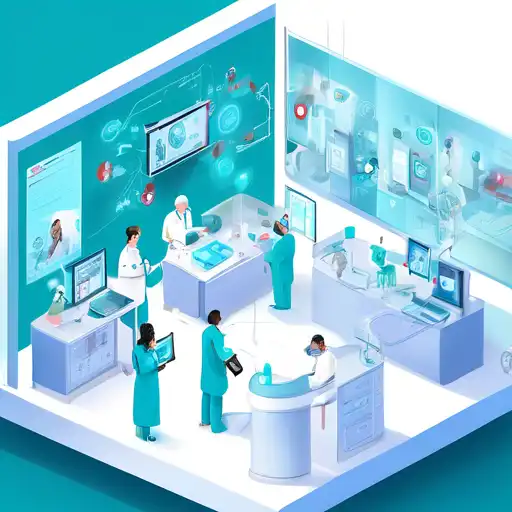The Revolutionary Role of IoT in Healthcare
The Internet of Things (IoT) is revolutionizing healthcare services by enabling smarter, more efficient, and personalized patient care. From remote monitoring to advanced diagnostics, IoT technologies are paving the way for a future where healthcare is more accessible and effective than ever before.
Remote Patient Monitoring
One of the most significant contributions of IoT in healthcare is the ability to monitor patients remotely. Wearable devices and sensors can track vital signs such as heart rate, blood pressure, and glucose levels in real-time, allowing healthcare providers to offer timely interventions without the need for hospital visits.
Enhanced Patient Care
IoT devices are not only improving the quality of patient care but also making it more personalized. Smart beds, for example, can adjust automatically to provide optimal comfort and support, reducing the risk of bedsores in long-term patients.
Streamlined Operations
Beyond patient care, IoT is streamlining healthcare operations. Asset tracking systems ensure that medical equipment is readily available when needed, while smart inventory management systems can predict when supplies are running low and automatically reorder them.
Challenges and Considerations
Despite its benefits, the integration of IoT in healthcare comes with challenges, including data security and privacy concerns. Ensuring the confidentiality and integrity of patient data is paramount as healthcare providers adopt these technologies.
The Future of IoT in Healthcare
The potential of IoT in healthcare is boundless. With advancements in AI and machine learning, IoT devices will become even more intelligent, offering predictive analytics that can prevent diseases before they occur. The future of healthcare is here, and it is interconnected.
For more insights into how technology is transforming industries, explore our technology trends section.
